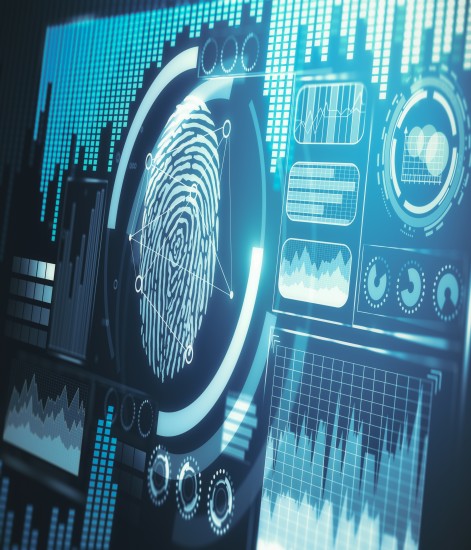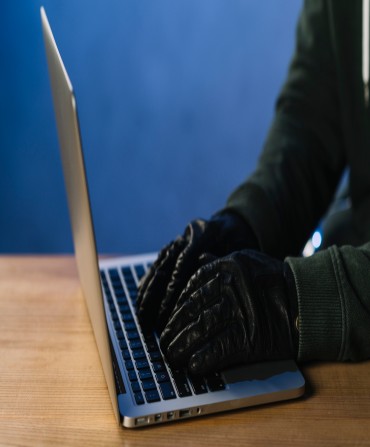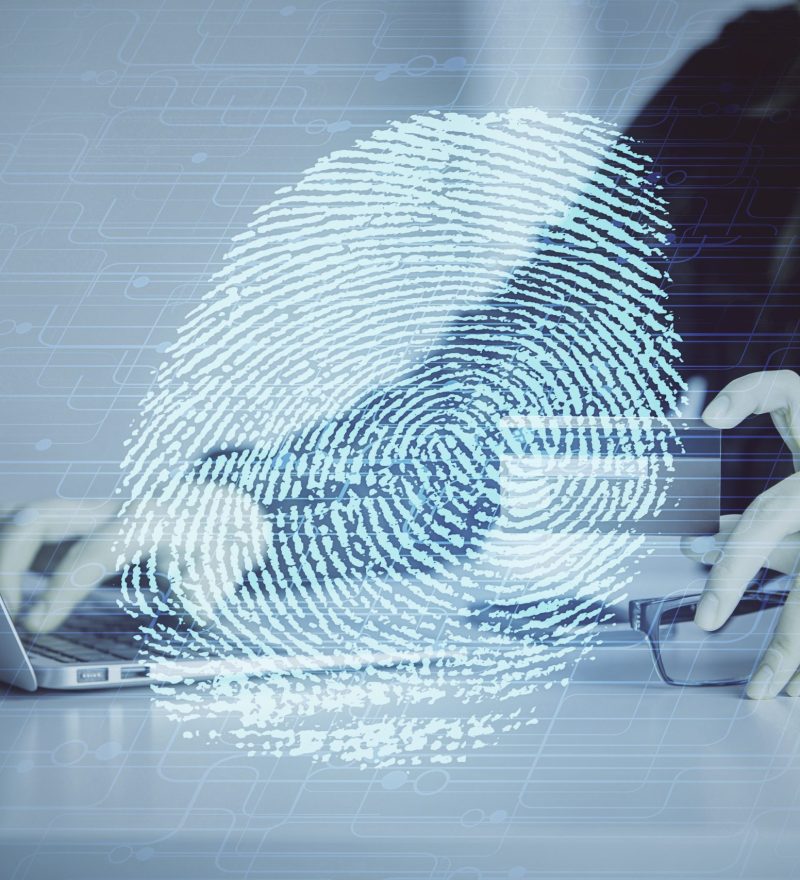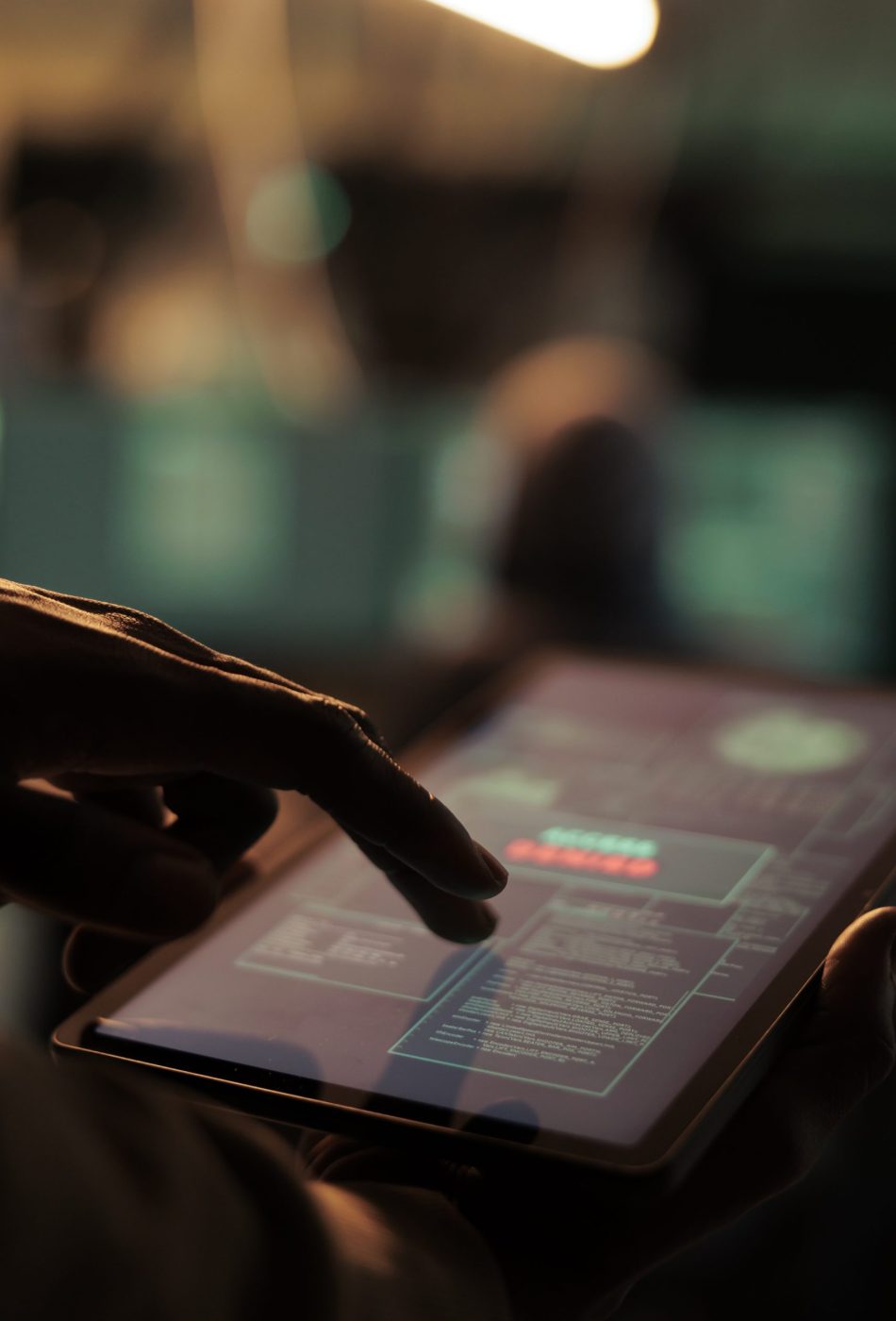Address : 21A St, Al Fahidi, Dubai UAE
Address


Digital Forensics provides students with a comprehensive education into performing forensics on memory chips used in today’s mobile devices and other media.
• In depth information about eMMC, eMCP, and UFS chips
• Newest BGA chip pinout layouts
• Applying proper techniques for non-heat chip removal
• Pros and cons of physical manipulation caused by heat or friction removal techniques
• Updated heat removal processes
• Introduction to monolithic devices and data recovery techniques
• New tools and techniques for chip-out extraction
• Earn the Certification “TCFC”
Course Details
Duration:
5 Days Laptop Required: Yes
This class is for sworn law enforcement only.
We encourage students to bring their own laptops whenever possible. If this is not possible, CCT Tech will provide one for you. If you do plan on bringing your own laptop, indicate so on the registration page and please ensure they meet the following requirements.
Laptop Requirements:
• Windows OS
• macOS with Bootcamp Windows
• macOS alone will not work (No Virtual Machines)
• 8GB RAM (minimum)
• 100GB storage (minimum)
• A powered hub if you only have two USB ports available
• You must have admin rights or have the admin password for software installation.
• NOTE: ALL Windows updates should be done prior to class
Optional:
• Cellebrite P.A. Dongle
• Encase, FTK, X-Ways Dongle
• Access to a HEX editor
• External USB 3.0 Storage Device
Save By Purchasing Equipment with Your Training!
Contact us for Equipment and Training Bundle Packages and Save on the Total Purchase
________________________________________
This class is for Law Enforcement and Government officials ONLY.

This training provides the students with a full perspective of the Cyber Forensics process as it relates to Advanced Mobile Forensics techniques. This new version 2.0 training will explore new techniques on the market; handling of new types of Flash Memory; Students are provided with in depth power point to take home as a reference as well as clear concise videos of the process they are taught.
Chip-out Introduction
• When should one consider the Chip-out process
• Mobile Device Force Acquisition Continuum
• Supported devices
• Overview of real cases
• What you may encounter in Chip-out dumps
Chip-out Heat Process
• Disassembly of the cell phone and considerations
• References and training for cell phone disassembly
• Heat/Non-Heat shield removal
• Removing chip Upper/Lower heat source
• Removing chips Lower heat source
• Removing chip T862
• When to and not to use these heat chip removal/cleaning processes
• Preparing the chip for Tinning or 2 Stage Reballing
• Tinning of BGA chips
• Review of videos of each process
Characteristics of Flash Memory
• Types of Chip you will encounter and what is to come
• What is Flash Memory
• How is the data stored in the memory
• Wear Levelling-Garbage Collection-FTL-Trim and their affects
• Transition through NOR-NAND-eMMC-eMCP-UFS
• Controller functions related to Flash Memory
• Quick look at SSD type storageUP828 & UP828P Programmers
• Getting to know the software/hardware interface
• Installation process
• What are the differences between UP828 and UP828P
• Adapters and how they work
• Importance of the Checksum Hash values
• Errors you will encounter and how to trouble shoot them
• Quick look at decoding to data2 Stage Reballing of BGA Chips
• Tools and kit you will need
• Low heat solder paste
• Stage 1 reballing of the chip
• Overview of BGA Stencils
• Stage 2 reballing of the chip
• When and why to use each reballing stage
• Other options for Reballing
Non-Heat Milling BGA Chips
• Overview of the process and video
• The right and wrong equipment for this process
• Process where milling is best used
• Pros and Cons of the Milling process
• Some training locations will feature a Milling machine for use
Non-Heat Polishing Process
• Overview of the process
• Two reasons to use the Polishing Process
• Polishing surfaces – When and why to use them
• Polishing Fixtures – How to use them
• Adhesives – When to use what type
• Polishing epoxy only
• Polishing PCB with cut out chip
• Video review and discussion of each process
Medusa eMMC Box
• Overview of the Medusa Pro Box
• Installation process
• ISP-eMMC Functions
Alternative Reading Tools
• SD or USB eMMC type Adapters
• Advantages and when to use the eMMC SD adapters
• How to use them properly forensically
• E-Mate eMMC Pro kit
• Read through ISP Flasher Box
• Read through USB cable
• Bus Modes and how they can help
• In-System-programming direct solder to chip
• Other programmers for Mobile Phones
• Other programmers for Memory devices
Package on Package
• Reviewing phones that use POP chipsets
• Why is POP used
• Removing POP chips
• Splitting POP style chips
• Review Videos of the processes
Dediprog UFS Programmer
• A look at the UFS chips
• Understanding BGA95 and BGA153 differences
• Overview of the hardware and adapters
• Installation of the software
• LUN’s and other partitions in UFS style chips
• Looking at and reading the LUN’s and RPMB partitions
• Parsing out the recovered data
Resources and DataSheets
• Resources to help you with your Chip-out adventures
• Reference material
• Decoding the number on the chips
• How to find out what adapter you need
• How to find out what chip you have
• What can you glean from the chip datasheets
• Best/Safe places to get Datasheets
Certification Process
• Test phone provided to use any process from class
• Must provide instructor with bin dump and decoded data

Thank you for your interest in our company. Please fill out the form to ask a question or report a technical problem.
Address
Write email

Address : 21A St, Al Fahidi, Dubai UAE
Email: info@cctuae.com
Whatsapp: +971 50 465 5680
&